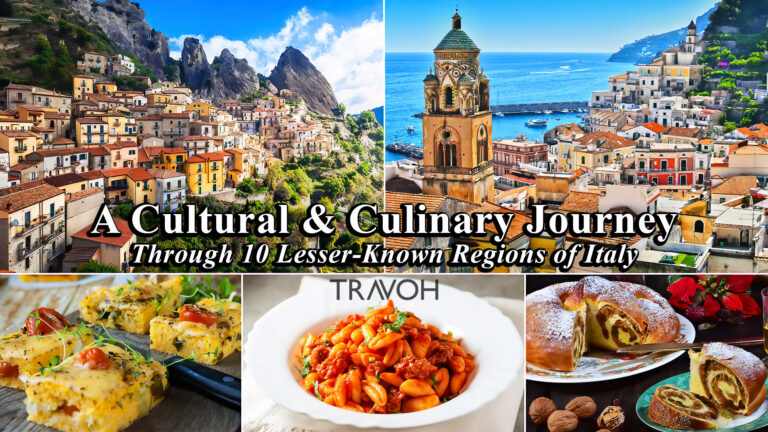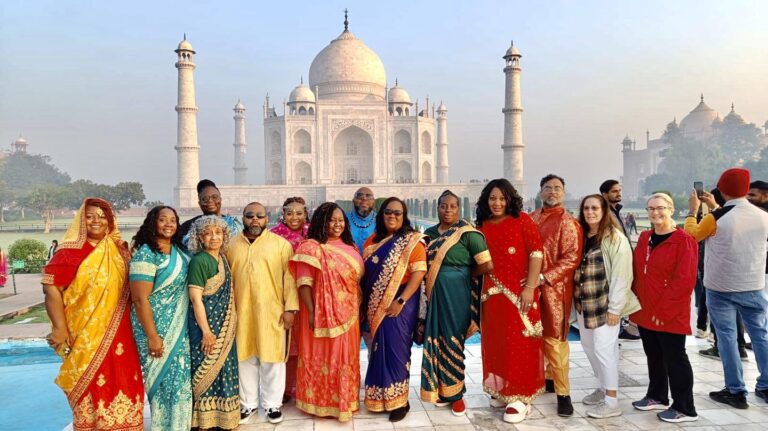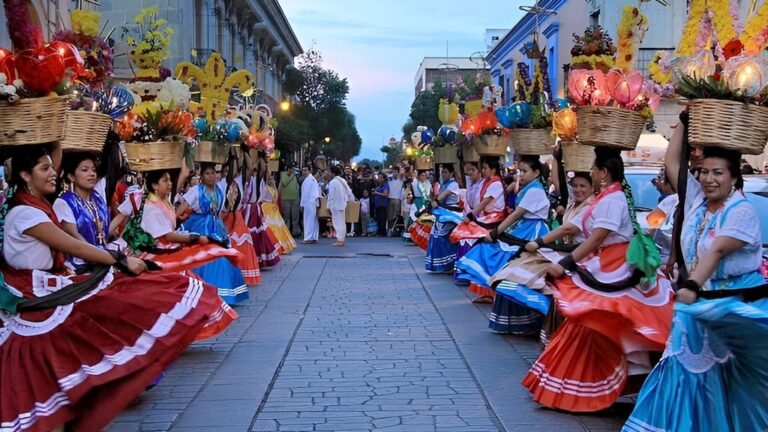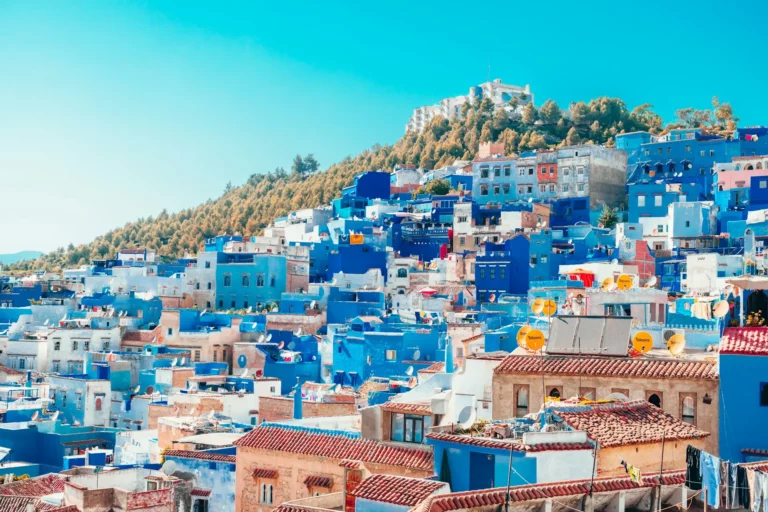Travel Culture: Understanding Global Traditions and Authentic Experiences
Travel culture is more than just a phrase; it represents a mindset of curiosity, exploration, and respect for the world’s diverse traditions. At its core, travel culture combines the act of journeying with the appreciation of heritage, art, rituals, and lifestyles of different communities. It turns travel into an educational and transformative experience.
Unlike standard tourism, travel culture emphasizes depth rather than speed. It encourages travelers to immerse themselves in a destination rather than rush through landmarks. This mindset fosters meaningful connections with people, traditions, and history, allowing travelers to see the world with new perspectives.
What Defines Travel Culture
Travel culture is defined by how people approach journeys, not only where they go but how they interact with what they encounter. A person practicing travel culture is mindful of traditions, respectful of differences, and eager to participate in authentic experiences.
This concept often includes elements like food, festivals, music, art, and rituals. By engaging in these cultural aspects, travelers move beyond surface-level exploration and into the heart of local life. Ultimately, travel culture is about building bridges of understanding across diverse societies.
Why Travel Culture Matters Today
In a world shaped by globalization, travel culture plays an essential role in keeping traditions alive. When travelers engage respectfully, they contribute to preserving heritage that might otherwise be overshadowed by modernization.
Equally important, travel culture cultivates empathy. By experiencing life through someone else’s traditions and perspectives, travelers break down stereotypes and foster mutual respect. This makes travel not just about destinations but also about the shared humanity that binds us all.
Real-World Examples of Travel Culture Experiences
Day of the Dead in Mexico

One of the most iconic examples of travel culture is Mexico’s Day of the Dead (Día de los Muertos). Travelers who take part in this festival experience far more than colorful parades; they witness how Mexicans honor their ancestors through altars, offerings, and celebrations.
This festival embodies travel culture because it invites visitors to understand the values surrounding family, memory, and life’s cyclical nature. Instead of being passive observers, travelers are welcomed into a living tradition that reflects Mexico’s identity.
Maasai Community Experiences in Kenya

Travelers in Kenya often participate in cultural exchanges with the Maasai people. From learning traditional dances to exploring pastoral lifestyles, these interactions showcase how heritage shapes daily life.
For visitors, engaging with Maasai traditions goes beyond learning about Africa—it highlights resilience, community, and the importance of preserving indigenous knowledge. This kind of travel culture creates an appreciation for lifestyles deeply connected to the land and environment.
Italian Culinary Traditions
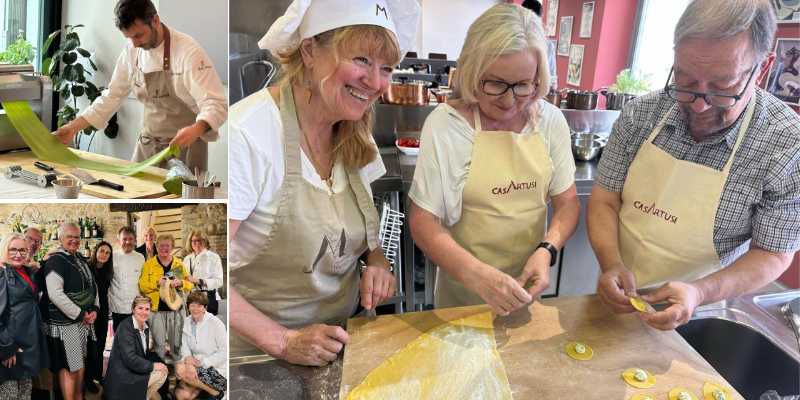
Italy’s food culture is globally celebrated, but experiencing it firsthand offers a deeper meaning. Travelers who join pasta-making classes or visit local vineyards gain insights into centuries-old culinary traditions that define Italian life.
This cultural immersion demonstrates that cuisine is not just about eating, but also about storytelling, heritage, and identity. By engaging in Italian food culture, travelers connect with history through flavors and shared meals.
Varanasi Spiritual Practices in India

In India, travel culture often involves engaging with spirituality and rituals. Varanasi, one of the world’s oldest living cities, provides travelers with a chance to witness evening Ganga Aarti ceremonies on the riverbanks.
For travelers, the experience is more than religious observation; it’s an exploration of how traditions guide community, devotion, and continuity. Participating respectfully in such rituals deepens understanding of India’s spiritual fabric.
Benefits of Embracing Travel Culture
The primary benefit of travel culture is education. Instead of passive sightseeing, travelers gain firsthand knowledge of history, customs, and values. These experiences create lasting impressions that can’t be replicated through books or documentaries.
Travel culture also fosters adaptability and openness. By engaging in unfamiliar traditions, travelers develop humility and broaden their perspectives. These skills extend beyond travel, enriching personal and professional interactions in diverse environments.
For local communities, the benefits are equally significant. Responsible cultural engagement supports economies, sustains traditional practices, and empowers people to share their stories with pride.
Use Cases of Travel Culture
Building Cultural Awareness for Students
Students who travel with cultural immersion in mind often return with greater global awareness. Visiting heritage sites, engaging in local activities, and living within communities make education practical and memorable. Travel culture is increasingly used in study-abroad programs for this reason.
Promoting Sustainable Tourism Practices
In regions struggling with over-tourism, travel culture offers solutions by encouraging visits to lesser-known communities. Travelers spread their impact more evenly, reducing strain on popular sites while supporting smaller economies.
Strengthening Business and Diplomacy
Travel culture also applies to business travelers. By engaging respectfully with cultural norms, professionals build stronger international relationships. Understanding traditions in places like Japan or the Middle East can lead to more successful partnerships and negotiations.
Preserving Global Heritage
Travel culture ensures that intangible heritage songs, dances, crafts, and oral traditions remain relevant. Travelers who participate in these practices contribute to their survival, ensuring they are passed down to future generations.
Technology’s Role in Travel Culture
Technology is becoming a powerful ally in promoting travel culture. Digital platforms now connect travelers with authentic local experiences, ensuring access to cultural activities curated by communities themselves.
Virtual reality tours also allow travelers to preview cultural experiences, sparking curiosity before visiting. Meanwhile, social media amplifies cultural storytelling, inspiring more people to seek authentic, heritage-driven journeys.
While technology can never replace in-person immersion, it enhances understanding and prepares travelers to engage respectfully with the cultures they encounter.
Frequently Asked Questions
1. What is travel culture?
Travel culture refers to the practice of combining exploration with cultural immersion. It emphasizes authentic engagement with traditions, lifestyles, and heritage rather than superficial sightseeing.
2. How does travel culture benefit communities?
Communities benefit through economic support, cultural preservation, and increased awareness of their traditions. Unlike mass tourism, travel culture empowers locals to share their heritage on their own terms.
3. Is travel culture the same as cultural tourism?
While similar, travel culture is broader. Cultural tourism often refers to specific heritage sites or festivals, while travel culture is a mindset that shapes how travelers interact with destinations in general.

